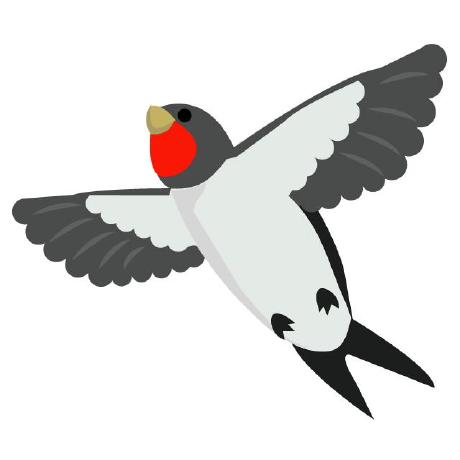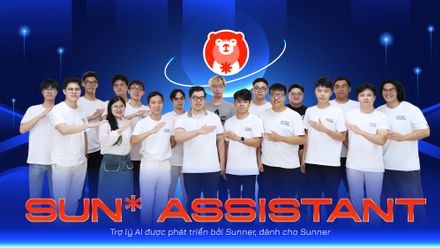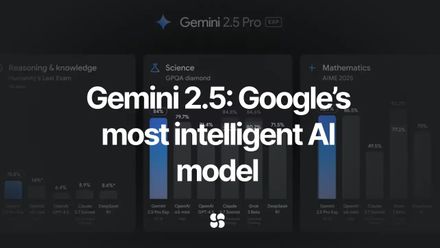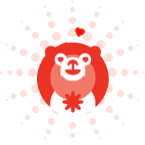Ecosystem: Tech trend or tech race?
In a word, Ecosystem is defined by a network of interconnected devices and services, from hardware to software. Easy sync greatly benefits clients, both in work and leisure, transforming the usual experience in human tech life.
Tech ecosystem and how to retain users
Nowadays, with the development of cloud computing, together with the universalization and development of internet infrastructure, the amount of data we produce on the Internet everyday is increasing (check out detailed statistics here).
With gigantic data resource and the development of AI and data mining, we humans are taking major steps towards turning those basic data to services and business ideas. It is not exaggerated to say that user data is getting increasingly more important. Owning a huge amount of user data means that you will be having tons of newborn "business chances". It is only a matter of time for your company to strike gold, even diamond.
Facebook is a company that used to own "a single website", but this social media has become one of the most powerful institution in the current tech world, simply because that "single website" has the data of billions of users.
In recent years, Facebook had famous M&A (Mergers and acquisitions), from Instagram, to WhatsApp, on their quest for expanding their ecosystem to get more users.

Forming tech ecosystem to retain and develop user network also happens with Google. You will find it extremely hard to escape the ecosystem that Google has created. Search something? Google Search. Mail someone - Gmail. Web surfing? Chrome. Or even...your phone? Android. Google seems to take up all the work, providing most of their services for free, aiming towards acquiring more user data to have further "understanding" of their users, and ultimately, to have better ads.
Having a large amount of users means having great power and great business opportunity. Current tech companies are all trying to build their own ecosystem, with their main strategy of diversifying products to be present in different services, not just to attract new users, but also to "retain" the old ones. Nobody wants their users switch to the ecosystem of your rival, just because you are yet to offer a service that they want.
Win-Win
For the ecosystem providers, as mentioned before, they benefit greatly from attracting and retaining users. Expanding and growing the ecosystem will lead to users submitting to many services, even depending on them, making it hard for them to quit. Besides, a powerful ecosystem with tons of services connected to it will make it a lot easier to deploy business ideas as well as raise revenue. Hence, the big companies are actively building and expanding their business.
One of the simplest method for expansion is "free to use", Open Source or Public API. It means that they can "expand" parts of the features of the ecosystem, so that other users/companies can develop more surrounding applications, and eventually the ecosystem will grow. Some ecosystems are completely open, simply because the creator does not directly earn money from it, but make profit from other businesses surrounding or built on that ecosystem.

For developers, it is clear that more tech ecosystems means more tech opportunities and challenges. Also, business opportunities on open ecosystems will be equally divided for all participants. You won't need to build everything from scratch, you can choose to "stand on the shoulder of the giants", using the existing users of the ecosystem to develop new services on that.
The most realistic example would be the explosion of Smartphone and the birth of iOs or Android ecosystem for which millions of programmers have participated in application development. It not only boosts the growth of the 2 names, smashing the late comers who are rising to competition like Tizen, webOS, Windows Phone ..., but it also helps a lot of programmers/startups, gaining great revenue.
From end-users, more useful services means that more options are available. Services or ecosystems must compete to bring the best exprience for users. Many ideas were turned into reality, new values are created to help us solve problems in our life and work. C
R&D Lab and their own ecosystem development orientation
The fact that it is hard to even define what is an "ecosystem". Looking at the big companies in the IT sector worldwide, we usually coin the term as a system of devices and services that are closely connected, from hardware to software.
For Sun*, there is yet to be a near future orientation of working with hardware, as building an user-diversed ecosystem at the time is extremely difficult. To develop an ecosystem, R&D Lab might aim for a smaller scale ecosystem (more particular target group), focusing more on software services.
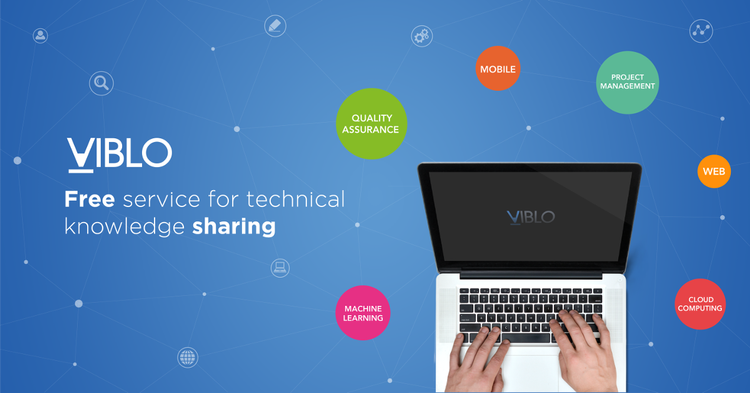
In the mean time, Sun* R&D Lab is focusing on services that are programmer-oriented, helping their work to be easier and more effective. Those are expanding services on Viblo Platform, or CI/CD Platform.
Although they are small in scale, numbers and links, but hopefully in the future Sun* can bring them to more users, growing them into powerful services. And who knows, one day all programmers in Vietnam will hear about "programmer-exclusive ecosystem" developed by Sun*.
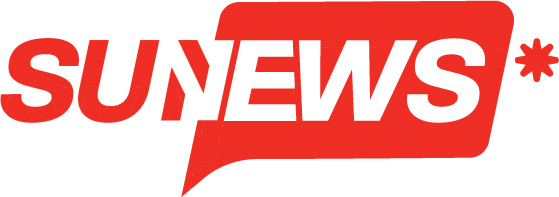
 VI
VI EN
EN